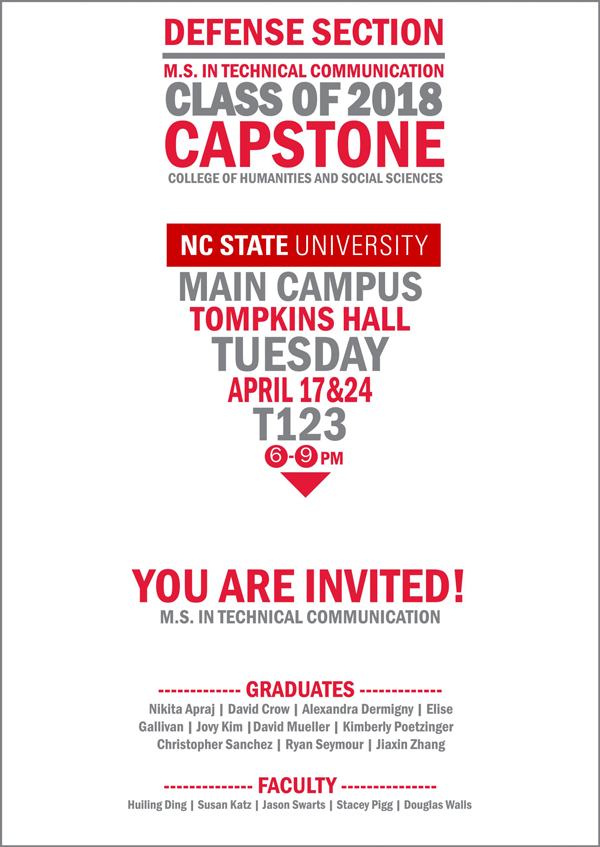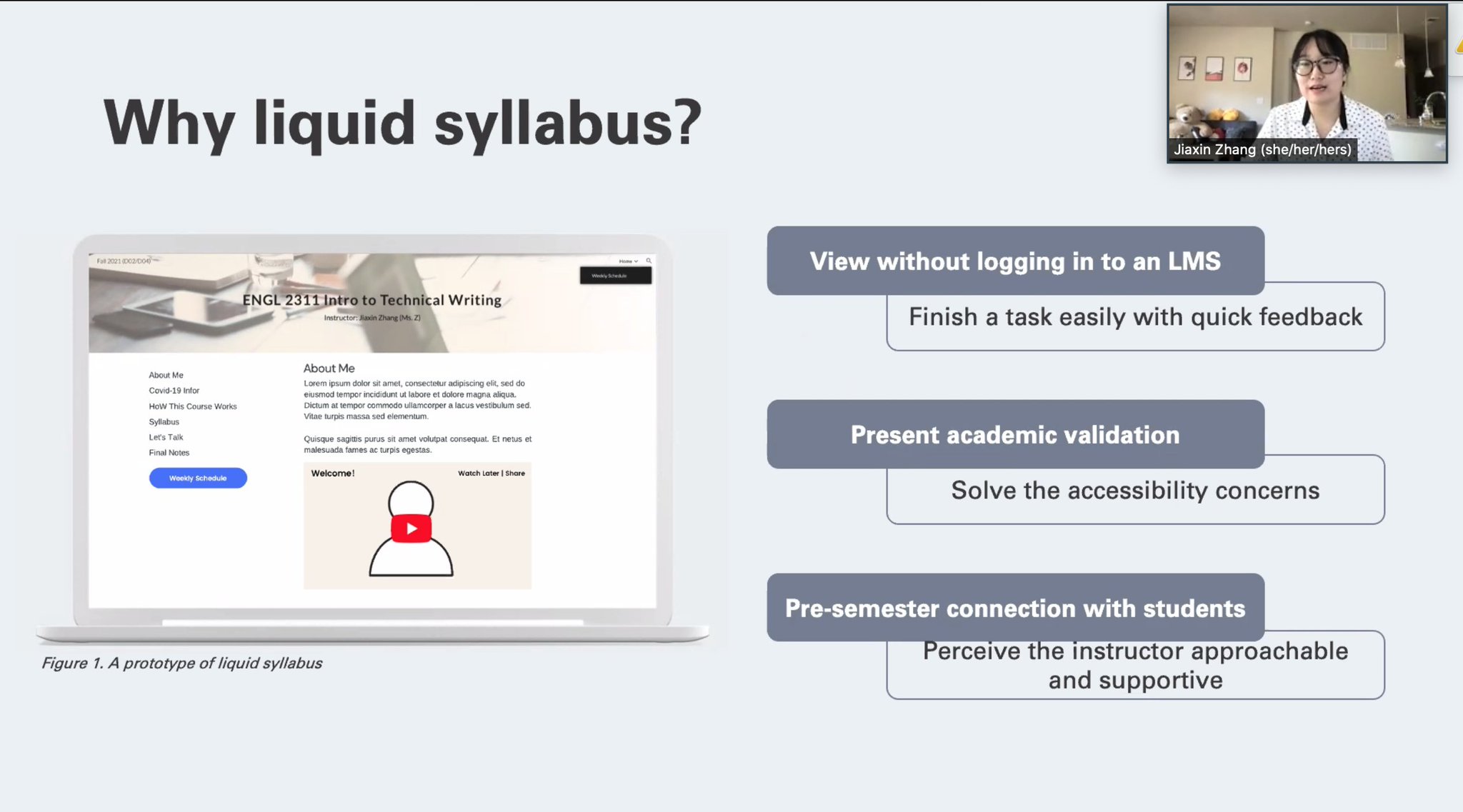My early experiences with computers can be traced back to elementary school in the early 2000s. I still remember that in the brand-new school computer lab, we first learned to type on a piece of cardboard, a 1:1 ratio full keyboard, before we used the real device. We played a typing practice game (cannot remember the name) that helped the frog jump across a river with English words shown on the moving wood chunks. The player needs to type the words in order within a certain time to pass the game.
In the ninth grade, my parents bought a home computer, and I had my first social media account on QQ, where I wrote blogs about school life as well as read and commented on friends’ blogs. I am always interested in how technology fosters effective communication, from sending birthday wishes through email in elementary school, taking online classes in junior high school, and creating presentation slides for class projects in senior high school. However, none of these interests could change my academic pursuit in English linguistics when I chose my major for undergraduate (and there’s no “creating presentation slides” major).

I was in English major, but I changed my major later to Technical Communication after I transferred to an American university in my senior year. The turning point in the story is a course I took named Foundation of Graphics in my first semester in the U.S., in the Fall of 2013. This is a service course in the Digital Writing and Media Arts Department for English, Technical Communication, and New Media Art majors. In this curriculum, I learned for the first time that the fundamental principle of technical communication is to convey information in a clear and accurate way to the intended audience. Graphic design is a creative process that combines art and modern technology to communicate ideas that combine theory, methods, and practice together. I enjoy converting my ideas into design concepts and digital work. Many effective posters would have both attractive visual effects and strong words, as a matter of fact. After that, I took more technical communication classes and changed my major.
My broad interest in digital rhetoric began with one of my classes in the master’s program in technical communication. The class project was about creating a content inventory and content audit of the program’s website for updating and redesigning web content. To create content that suits the person who is using it or looking at it, the content creator needs to understand that person and design for them. During this process, I learned more about the current program I am in at Texas Tech (through competitor analysis).
My interest in digital rhetoric also influences my teaching. As a graduate part-time instructor, I play an important role in educating and having full responsibility for the undergraduate classes I teach, no matter what modality the class is: face-to-face, hybrid, or online (a)synchronous. Therefore, learning the best practices in teaching and using new technologies and tools to complement and support students’ learning experiences is essential. To support students’ learning experiences, I created a liquid syllabus (an accessible and web-based syllabus) to support equitable learning and meaningful interactions among students, instructors, and class materials with a humanized learning experience in an online class during the pandemic.

For my dissertation, I am focusing on the intersection of content strategy, UX, and crisis communication. I aim to explore the university’s email communication during the COVID-19 pandemic from three perspectives: the content of university email, the user experience from audiences, and the content management by the Office of Communication and Marketing. I’d like to talk more about my research projects via email at jiaxin.zhang@ttu.edu or on Twitter @Jiaxin_Z.
